01 Oct 2021
Alan Turing Institute announces 2021/22 cohort of Turing Fellows
Five Engineering Science Turing Fellows are among the 33 Oxford University researchers working in the fields of data science or artificial intelligence
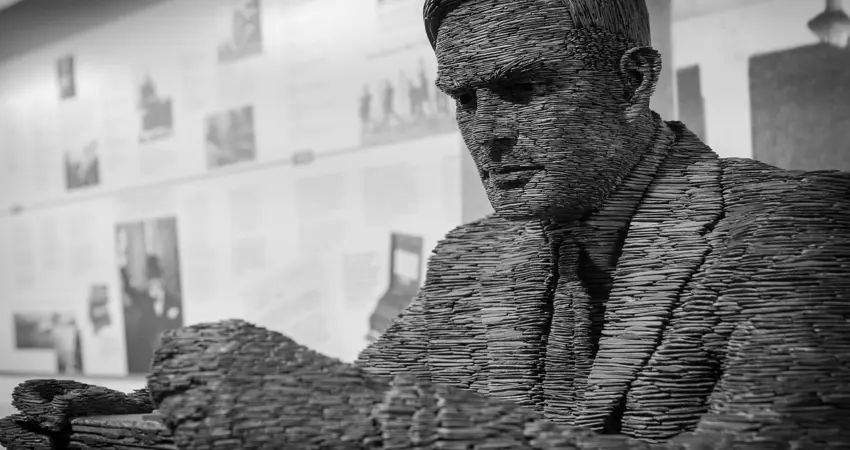
Slate statue of Alan Turing at Bletchley Park, Milton Keynes. lenscap50 - stock.adobe.com
The Alan Turing Institute – the UK’s national institute for data science and AI – has announced the 2021/22 Turing Fellows, with five Engineering Science academics amongst the cohort. Fellowships were awarded following a call earlier this year. The new 12-month fellowships start on Friday 1 October 2021, with over half those appointed joining the Institute for the first time.
Fellows’ research interests range from the fundamentals of AI and development of novel methods to cutting-edge application of data science to real-world challenges in areas from seismology and volcanology to immunology, neuroscience, mental healthcare, and finance.
"This cohort is incredibly multidisciplinary and diverse. They will bring a rich range of expertise and ensure we continue to do world-leading, impactful research."
The 400 fellows announced by the Alan Turing Institute – the UK’s national institute for data science and AI – are drawn from across its 13 partner universities and are established scholars with proven research excellence in data science, artificial intelligence, or a related field. They contribute to new ideas, drive collaborative projects that deliver impact, and help to grow the institute’s research capacity and its diverse network of partner organisations.
Alan Turing Institute Director and Chief Executive Adrian Smith said: ‘It gives me great pleasure to welcome this new group of Fellows. This cohort is incredibly multidisciplinary and diverse. They will bring a rich range of expertise and ensure we continue to do world-leading, impactful research.’
The Engineering Science fellows are:
Professor David Clifton, Professor of Clinical Machine Learning
"Fellowship of the Alan Turing Institute allows me to work closely with colleagues across similar methods of interest - particularly in high-dimensional time-series analysis and forecasting - along with colleagues with similar interests in Medical AI. The intersection between Artificial Intelligence (AI) and healthcare is a vibrant and rapidly growing field, in which the UK has a claim to being a global leader, and so it's fantastic to have that represented within the national academy for data science. The pandemic, especially, has brought this to the attention of the public, where there are some exciting stories to tell of Oxford's contribution to the pandemic response through data science".
Professor David De Roure, Professor of e-Research
David's interests are in Digital Humanities and collaborations with libraries, archives, and creative industries. He is part of the Data Science and Digital Humanities Interest Group. His research activities are primarily focused on data science and music, including the use of AI in composition. He is also interested in social data science, focusing on new and emerging forms of data and especially Internet of Things. David has a longstanding interest in research infrastructure, including computational methods, automation, and software sustainability, and is interested in developing further work in computational archival science. As a Turing Fellow he is engaged in music and AI, Humanities & Data Science, and AI for Arts.
Professor Maurice Fallon, Associate Professor and Royal Society University Research Fellow
The fellowship aligns with Professor Fallon’s research on robot navigation - perceiving the world through sensors and deciding intelligent actions. He says, “the fellowship enables me to work more closely with researchers exploring data-centric research. Modern robot mapping systems generate large steams of data making efficient inference a key challenge".
Professor Stephen Roberts, RAEng/Man Group Professor of Machine Learning
“On a professional level, being part of the world-leading community that is hosted by the Turing is a vital part of continued growth and, importantly, peer feedback and constructive criticism. The involvement of the Turing in all major data-science innovations in the UK (and beyond) provides access to the highest level of thinking, policy and governance. My strong belief lies in the importance of scientifically-driven machine learning, the role that honest and humble algorithms play (that entertain their own incompleteness and errors) and the inclusion of compliance, bias and fairness considerations. I regard these, as well as the fit of academic research with real-world impact, as core Turing values which I have shared for decades.”
Dr Stefan Zohren, Faculty Member of the Oxford-Man Institute and Research Associate in the Oxford Internet Institute
During his Turing Fellowship, Stefan aims to bridge a gap between the Turing Institute and the Oxford-Man Institute for Quantitative Finance. He will actively engage in research in machine learning in finance, including network and NLP approaches as well as broader work on deep learning for time-series modelling. He says, “I am thrilled to be elected a Turing Fellow and to be able to leverage the unique research platform and industry links the institute provides.”
Oxford University announcement
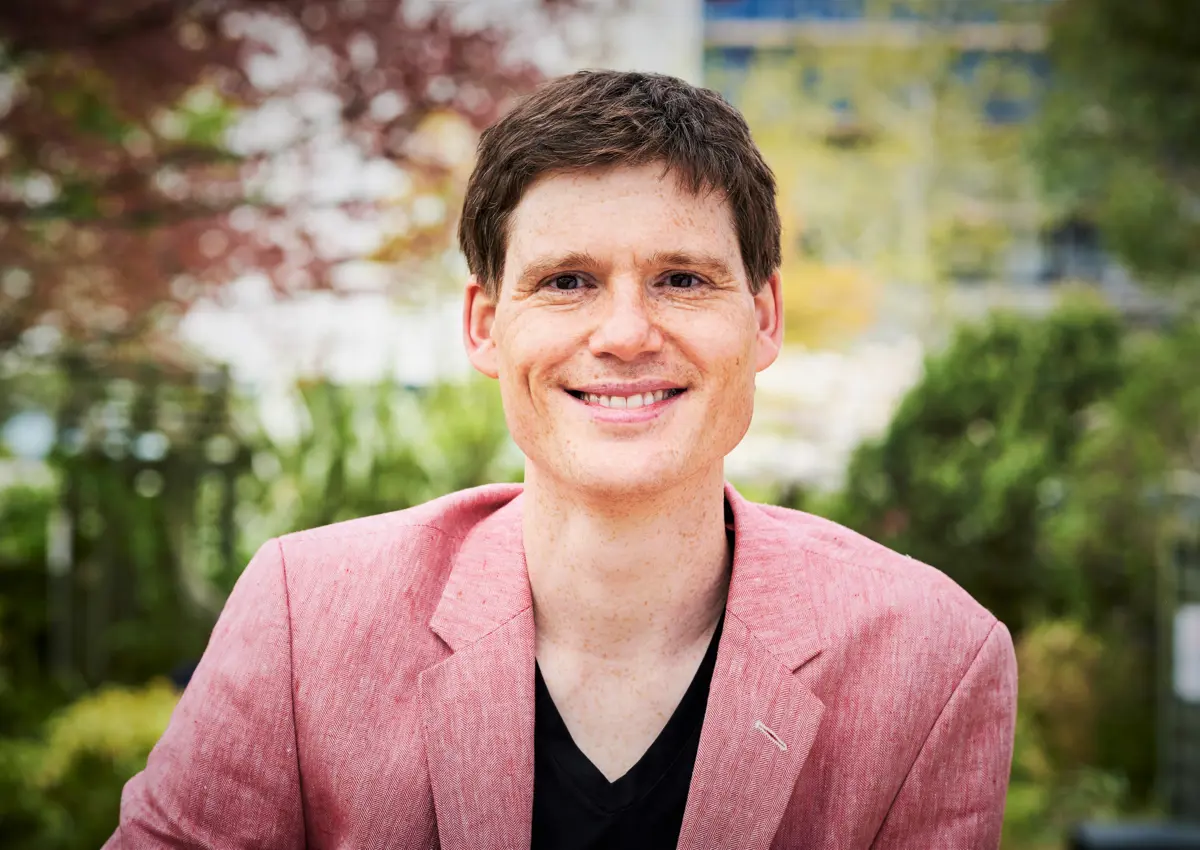
Professor David Clifton
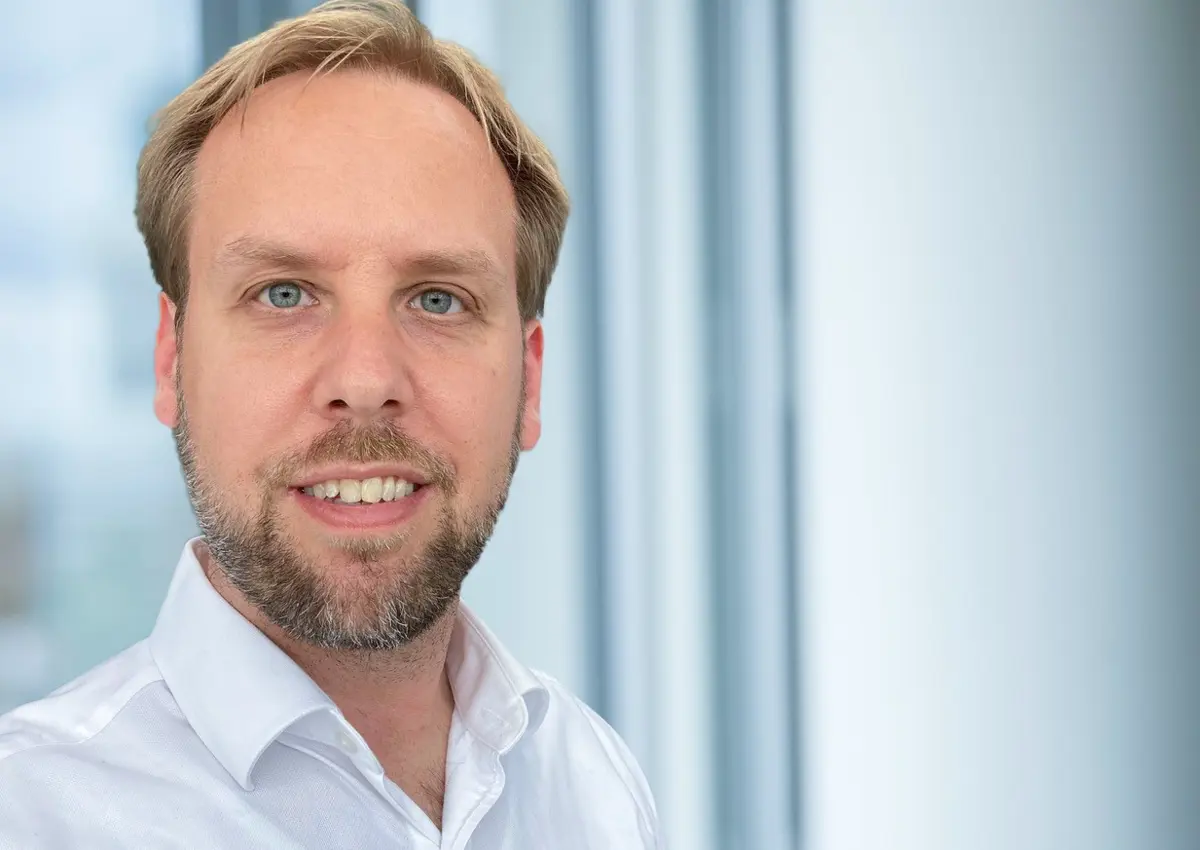
Dr Stefan Zohren
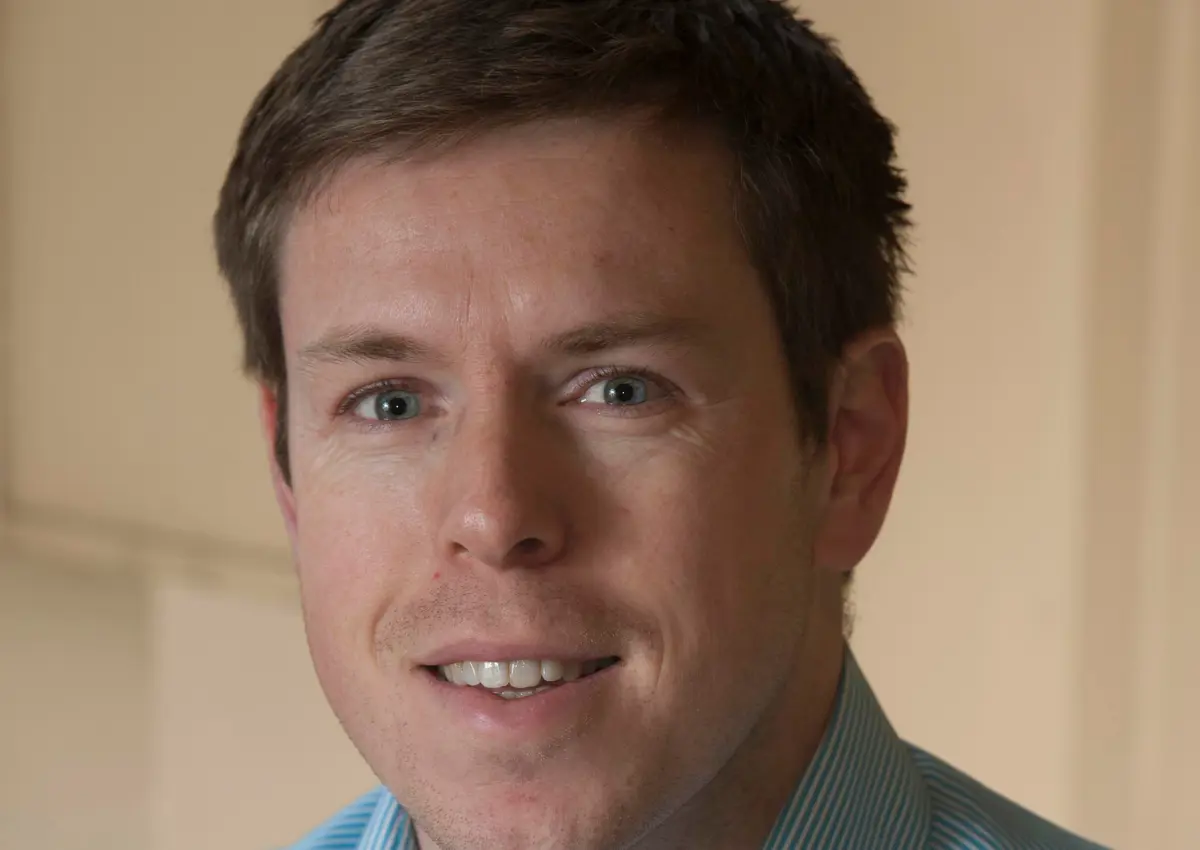
Professor Maurice Fallon

Professor Stephen Roberts
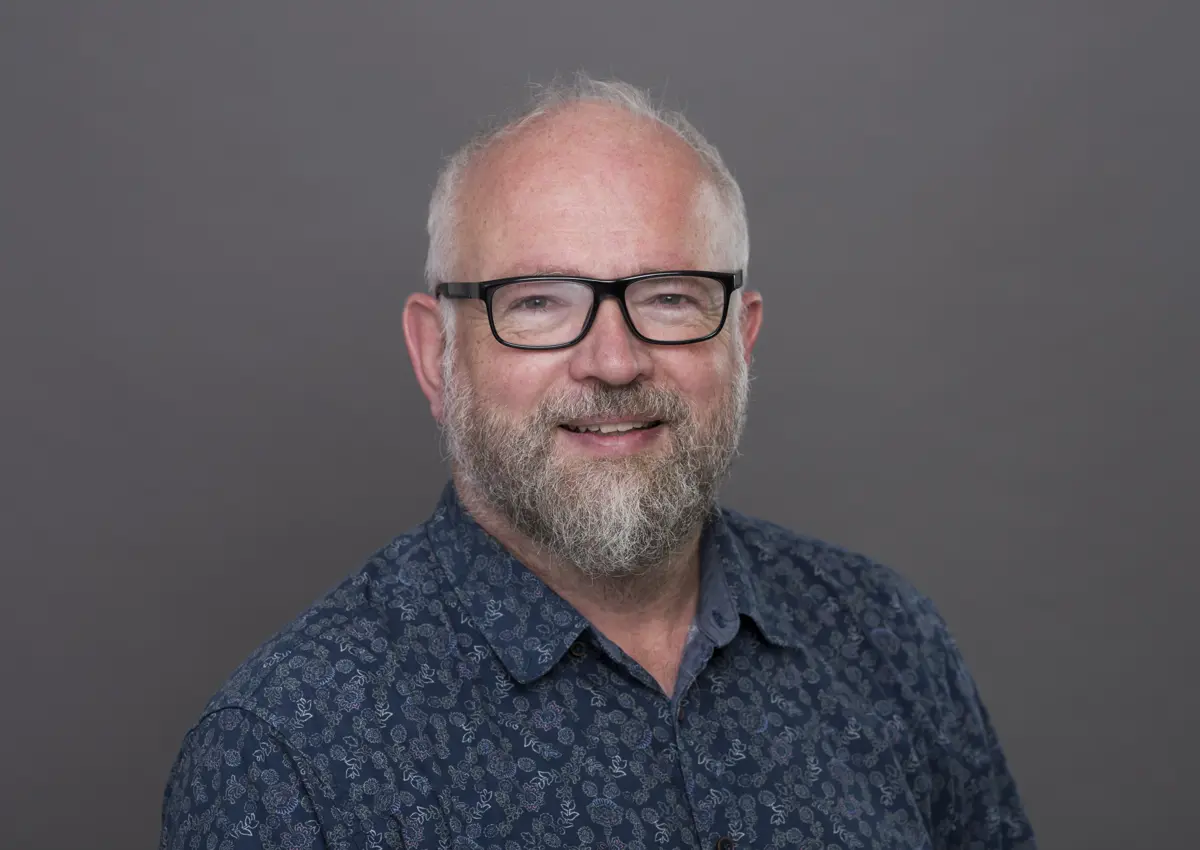
Professor David De Roure




